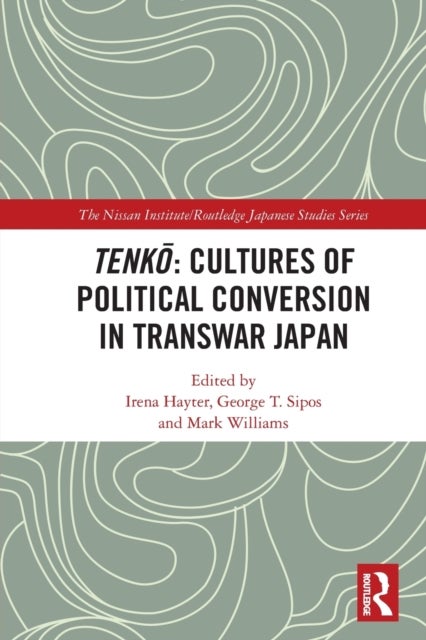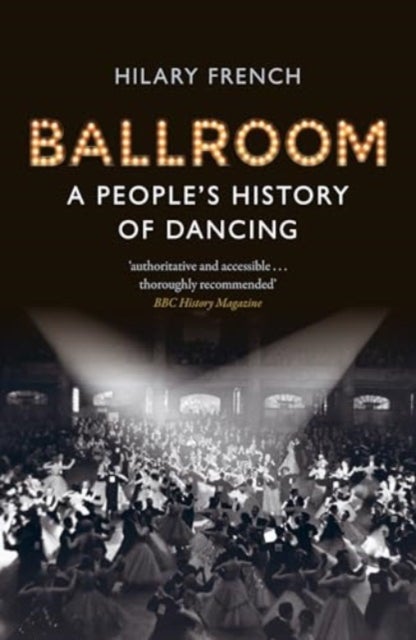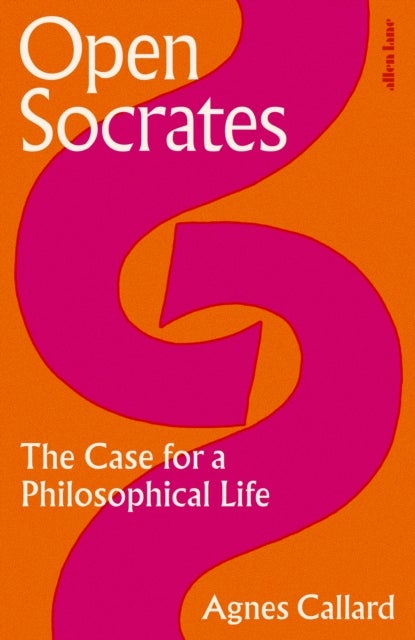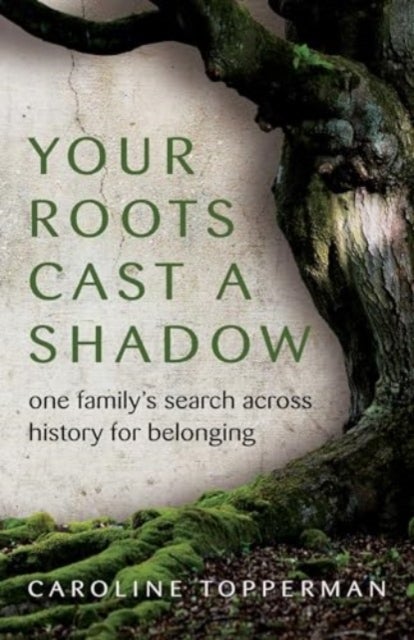
Tenko: Cultures of Political Conversion in Transwar Japan
449,-
<P>This book approaches the concept of <I>tenko</I> (political conversion) as a response to the global crisis of interwar modernity, as opposed to a distinctly Japanese experience in postwar debates.</P><I><P>Tenko</I> connotes the expressions of ideological conversion performed by members of the Japanese Communist Party, starting in 1933, whereby they renounced Marxism and expressed support for Japan''s imperial expansion on the continent. Although <I>tenko</I> has a significant presence in Japan''s postwar intellectual and literary histories, this contributed volume is one of the first in Englishm language scholarship to approach the phenomenon. International perspectives from both established and early career scholars show <I>tenko</I> as inseparable from the global politics of empire, deeply marked by an age of mechanical reproduction, mediatization and the manipulation of language. Chapters draw on a wide range of interdisciplinary methodologies, from political theory and int








